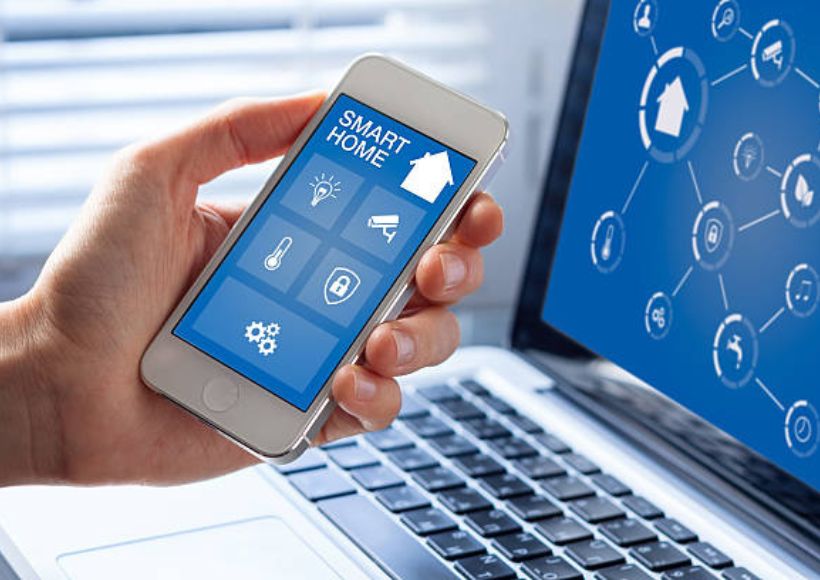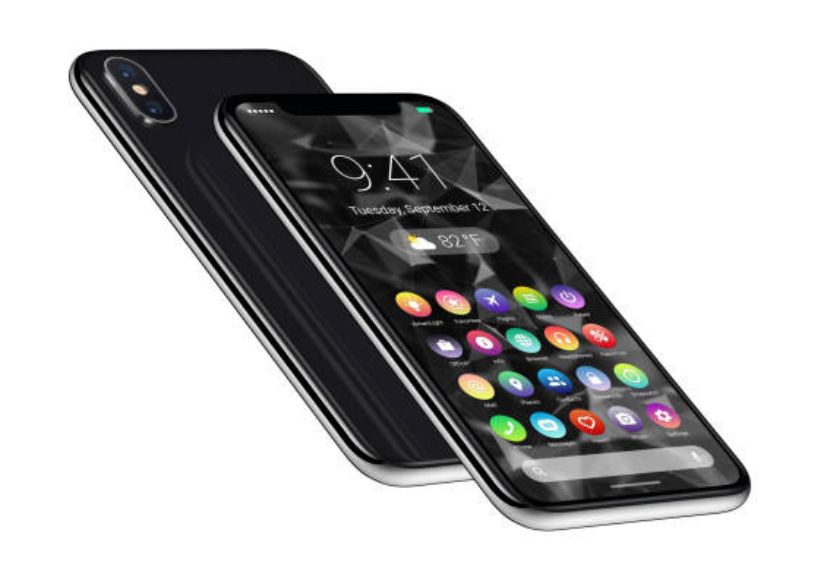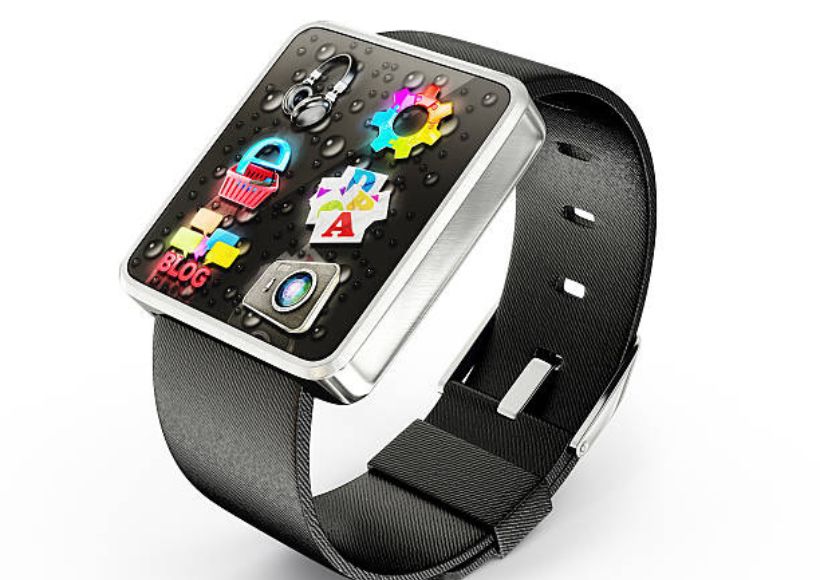5 Essential Tips To Protect Your iOS And Android Mobile Devices

In today’s digital generation, mobile devices have become a crucial part of our lives. Whether you use an iOS device (such as an iPhone or iPad) or an Android device (like a Samsung or Google phone), it’s crucial to safeguard your personal information and data from potential threats.
Here are five essential tips to help you protect your iOS and Android mobile devices.
1. Keep Your Software Up to Date
One of the simplest yet most effective ways to protect your mobile device is to ensure that you keep the operating system and all your apps up to date. Both iOS and Android regularly release updates that address security vulnerabilities and improve overall device performance. By keeping your software current, you reduce the risk of falling victim to known security issues that cybercriminals may exploit.
To update your device’s software, go to the “Settings” menu and look for the “Software Update” option. For Android users, this can vary slightly depending on the device’s manufacturer, but it’s usually located under the “About phone” or “Software updates” section. For iOS, go to “Settings,” then “General,” and select “Software Update.”
2. Use Strong And Unique Passwords
Securing your mobile device with a strong and unique password is an essential step in protecting your data. Avoid using easily guessable passwords like “123456” or “password.” Instead, create a complex password with letters, numbers, and symbols. To make this process easier, consider using a password manager that can generate and store strong passwords for you.
IOS and Android devices offer biometric authentication methods, such as Touch ID, Face ID, and fingerprint recognition. These are highly secure and convenient options for unlocking your device, so enable them in your security settings.
3. Enable Two-Factor Authentication (2FA)
Two-factor authentication (2FA) adds an extra layer of security to your mobile device. With 2FA enabled, you’ll need to provide a second verification form, such as a one-time code sent to your email or phone, and your password when logging into your accounts. This makes it much harder for cybercriminals to gain unauthorized access to your funds, even if they know your password.
Most popular apps and services, including email, social media, and banking, offer 2FA options. Enable 2FA for all your accounts to enhance your mobile device’s security further.
4. Install A Reputable Mobile Security App
To protect your iOS or Android device from malware, viruses, and other online threats, consider installing a reputable mobile security app. Many security apps offer features like antivirus scans, anti-phishing protection, and device tracking in case of loss or theft. Some well-known mobile security apps include Bitdefender Mobile Security, Norton Mobile Security, and McAfee Mobile Security.
Be cautious when downloading security apps and only install those from trusted sources, such as the App Store for iOS devices and the Google Play Store for Android devices. Avoid third-party app stores to minimize the risk of downloading potentially malicious apps.
5. Be Cautious with App Permissions
Mobile apps often request access to various features and data on your device, such as your location, contacts, and camera. Be mindful of the permissions you grant to apps and only provide access to the information they require to function. For example, a photo-editing app may need access to your camera and photos, but it doesn’t need to know your location or contacts.
Regularly review and update app permissions by going to your device’s settings and navigating to the app permissions or privacy settings. Additionally, consider reading the user reviews and checking the app’s reputation before downloading it to ensure it’s a trustworthy and legitimate application.
Conclusion
Safeguarding your iOS and Android mobile devices is crucial to protect your personal information and data. By following these five essential tips, you can significantly enhance your mobile device’s security. Keep your software updated, use strong and unique passwords, enable two-factor authentication, install a reputable mobile security app, and be cautious with app permissions. With these precautions, you can enjoy your mobile devices while keeping your data and privacy safe from potential threats.
Also Read : Tricks To Avoid Damaging Your Mobile Battery And Make It Last Longer




